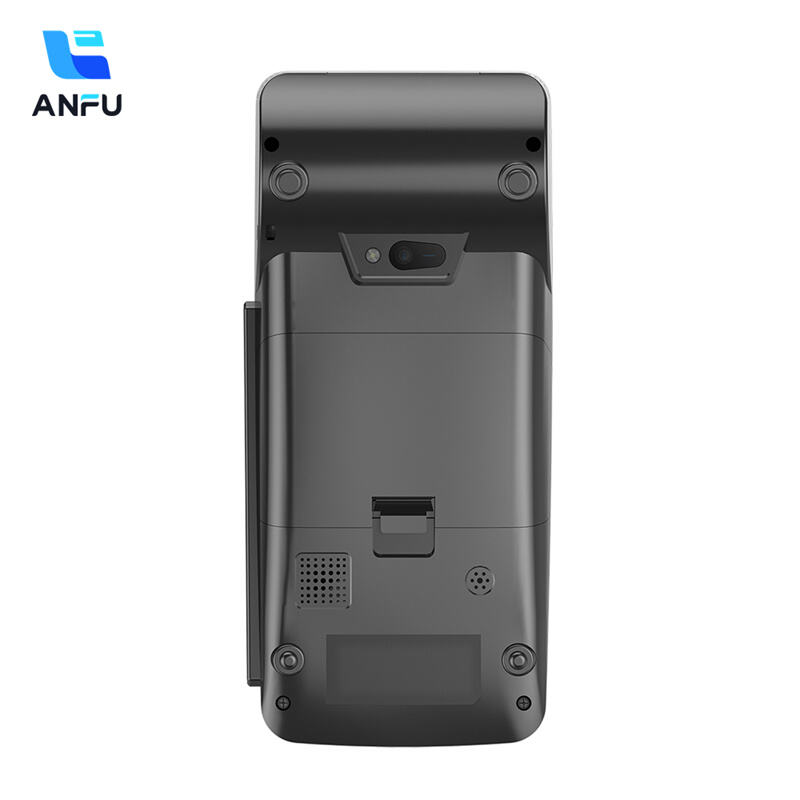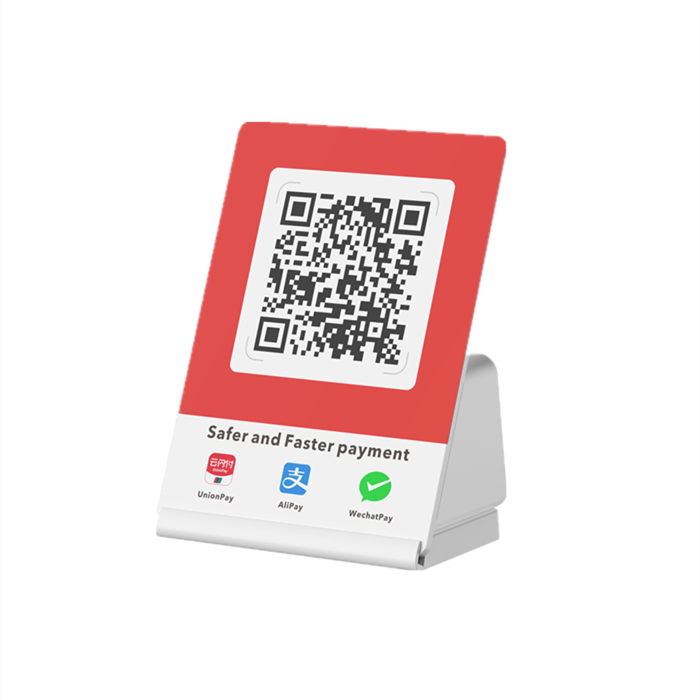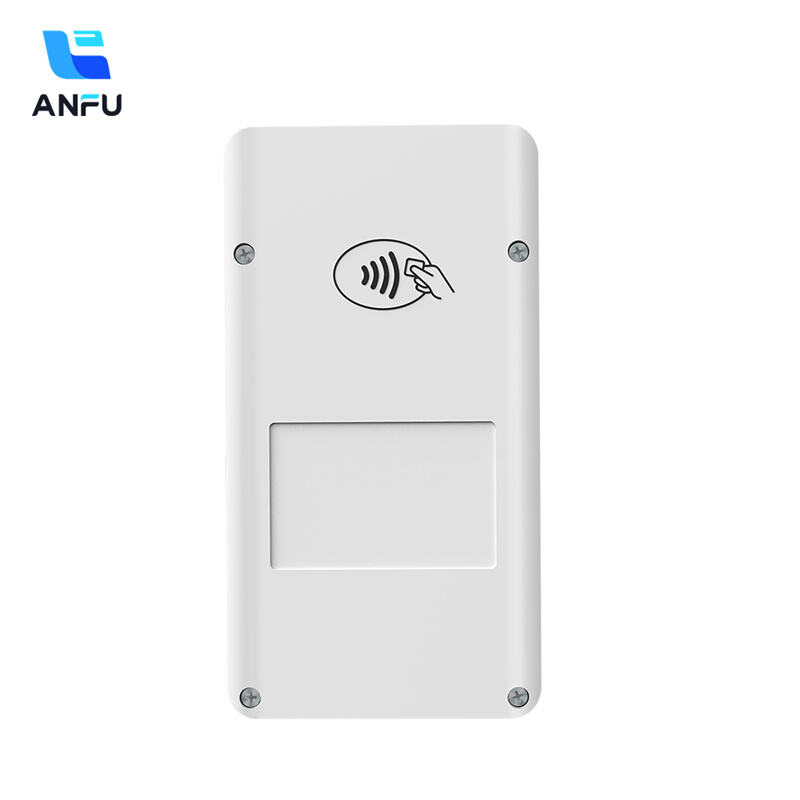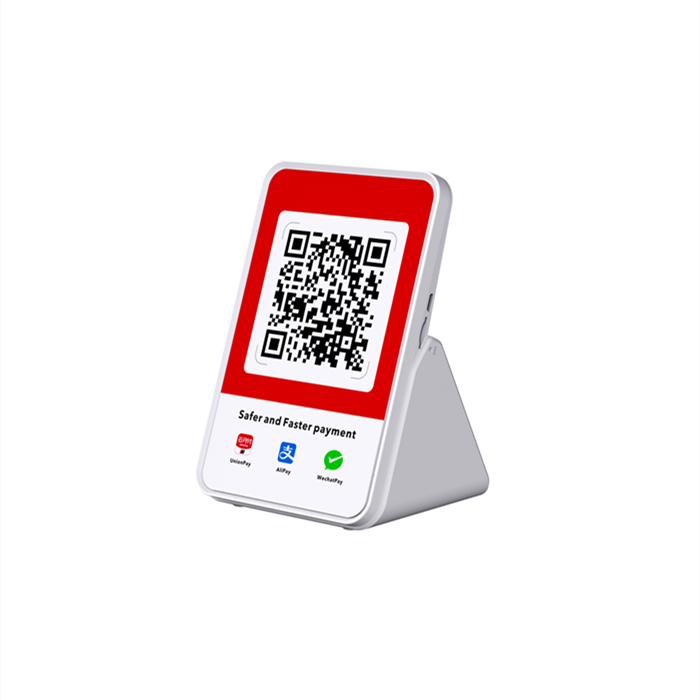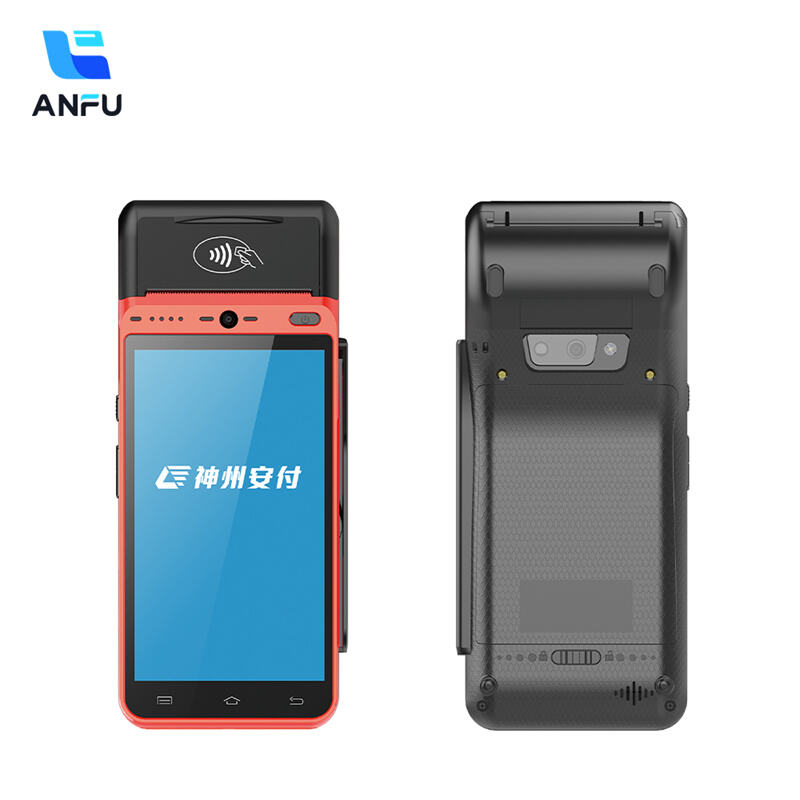Mini POS Battery Life: Uninterrupted Sales During Power Outages
Why POS Battery Life is Crucial for Uninterrupted Sales
Ensuring Continuous Operations During Power Outages
When the lights go out, retail stores take a real hit, sometimes losing around 30% of their sales during busy hours. That's why having a good backup battery for point-of-sale systems matters so much for keeping customers happy during those sudden power cuts. Take last winter storm season for example, several local shops lost thousands because they didn't have proper emergency power setups. The right kind of battery pack lets registers keep working while the grid is down, which means no long lines or frustrated shoppers standing around waiting. Most small business owners I talk to say this investment pays for itself many times over after just one major outage event.
Mobility Advantages for On-the-Go Transactions
A good battery life makes all the difference for point-of-sale systems, giving staff freedom to process payments anywhere they need to. Salespeople can now work right at the customer's side instead of being tied down to cash registers. The boost in interaction time really matters in places where things move fast, think about busy cafes or department stores during peak hours. Take coffee shops for instance many report noticeable jumps in daily revenue after switching to these mobile payment options. Some retailers even saw customer happiness scores jump around 30 points higher once they started using handheld terminals. Faster service means happier customers, which naturally leads to better business outcomes across the board.
Reducing Financial Losses from Downtime
When systems go down, money starts disappearing fast. Retailers have reported losing around $100k every single hour when operations come to a standstill. That's why having good backup batteries isn't just nice to have it's practically essential for avoiding those kinds of headaches. Take what happened at Store X last month their registers went offline during peak hours and they watched sales slip away while customers got frustrated. Most businesses in the sector know this all too well, which is why keeping things running nonstop has become such a priority nowadays. A solid point-of-sale battery setup makes all the difference in handling these situations. It cuts down on the cash drain from sudden outages and keeps stores functioning without hiccups even when power issues strike unexpectedly.
Key Features of Mini POS Systems with Long Battery Life
High-Capacity and Energy-Efficient Batteries
The heart of any mini POS system lies in its battery power, allowing these devices to run for hours on end without needing constant charging. Battery capacity is usually listed in those mAh numbers we all see on our phones and gadgets, basically telling us how much juice they can hold. Lithium ion tech has really changed the game here compared to old school lead acid batteries from years back. What makes this so great is that even though these new batteries pack a lot more punch, they still manage to keep things compact enough for everyday use. Retailers love this because they get both long lasting performance and something that doesn't take up too much space on the counter.
Smart Power Management Systems
Power management systems are essential for getting the most out of batteries in those small point-of-sale devices we see everywhere these days. When these systems include features like automatic sleep settings and track how often different functions get used, they actually help stretch battery life quite a bit just by cutting down on wasted energy during downtime. Businesses that install this kind of smart power control tend to notice their devices last much longer between charges. The savings add up too since staff doesn't have to constantly plug them in throughout the day. Retailers especially appreciate this because it means fewer interruptions at checkout counters where every second counts during busy hours.
Compact Design for Enhanced Portability
Mini POS systems come in small packages for good reason when it comes to moving around different retail settings. The lightweight build makes them much easier for store employees to carry around during their shifts. Retail workers appreciate not having to drag heavy equipment across counters or between departments. According to recent industry reports, over 70% of retailers surveyed said they preferred compact terminals that don't take up valuable counter space while still getting all the job done. Smaller units also work wonders in tight retail environments where every inch counts. Think about busy pop-up shops or markets with limited floor space. These little machines just slot right into the workflow without causing bottlenecks.
Best Practices to Maximize Mini POS Battery Lifespan
Regular Software and Hardware Maintenance
Regular maintenance really helps extend batteries in those little point-of-sale systems. When stores update their software on schedule and run occasional hardware checks, they catch problems with battery performance early before things get bad. Simple stuff works wonders actually - cleaning out dust from connection ports and making sure all the firmware updates are installed properly makes a big difference in how long equipment lasts. Industry folks talk about this all the time online, saying that sticking to a good maintenance routine adds around 30% more life to batteries in practice. For business owners looking to cut costs, these maintenance habits not only save money on replacements but also mean fewer interruptions during busy sales periods when every second counts.
Optimizing Power Settings for Efficiency
Changing power settings based on what's happening at any given moment helps save battery life for those little point-of-sale systems. When things slow down, turning down the screen brightness and switching to power saving mode makes sense. Some stores have seen their batteries last almost twice as long when they tweak these settings properly. Retailers who do this right often report around 40% better battery life according to industry reports. Keeping an eye on energy consumption means cash registers stay powered through busy lunch rushes without unexpected shutdowns mid transaction, which nobody wants to deal with.
Avoiding Common Charging Mistakes
Many businesses end up shortening the life of their mini POS machine batteries simply because of improper charging habits. The most common issue? Overcharging, which slowly breaks down battery cells until they no longer hold a proper charge. To keep things running smoothly, store owners should stick closely to what the manufacturers recommend when it comes to charging routines. Using genuine chargers from the same brand helps avoid those annoying compatibility problems we've all seen before. Also worth noting is timing - charging works best when done during slow business hours rather than while customers are waiting. According to various studies in the retail tech field, stores that get this right often see their batteries last twice as long as those making regular charging errors. Longer lasting batteries mean fewer replacements needed and better performance from point-of-sale systems throughout their entire service life.
Choosing a Reliable Mini POS for All-Day Operations
Prioritizing Battery Life Specifications
Battery life needs serious attention when picking out a mini POS system for full day operation. Look for units with decent power reserves that won't die halfway through the afternoon rush. Smart POS systems generally last longer than older versions on the market today. Most experts recommend going for at least 10 hours of runtime to keep things running smoothly. Retail stores and restaurants especially need this because any time the machine goes dark means lost sales and unhappy customers waiting in line. Before buying, check both the battery capacity numbers and how many charge cycles the device can handle over time. A little extra research here pays off big in the long run for businesses that depend on constant availability.
Durability in High-Traffic Environments
For places like coffee shops or busy retail outlets where equipment gets constant action, how tough a POS machine is matters a lot. The best ones nowadays come built with stuff that can take knocks and resist spills, making them much harder to break down when things get hectic. Some studies show that machines made this way break down about 25 percent less often than regular ones. What does this mean? Longer life span for the hardware and fewer headaches when customers are waiting. Stores that need their registers working nonstop throughout peak hours find these sturdier options worth every penny spent. After all, nobody wants their checkout system crashing during rush hour when dozens of people are lining up impatiently.
Compatibility with Android-Based Systems
Getting along with Android systems matters more these days if businesses want flexible operations across different settings. Mini POS units that work with Android let them connect smoothly to all sorts of apps, which makes things run better for staff and customers alike. Looking at what's happening in the market, more and more point-of-sale setups are going Android because they just fit better into what stores already have running. Retailers who switched over report smoother day-to-day operations and happier shoppers walking out the door. When companies pick hardware that plays nice with Android apps, they cut down on headaches while staying ahead of competitors in this always-moving marketplace where change happens faster than ever before.
Recommended Products
Hot News
-
Smart Card 2019
2024-01-23
-
Trustech 2019
2024-01-12
-
Futurecom 2019
2024-01-12
-
Seamless Payments Asia 2020
2024-01-12
-
Seamless Middle East 2022
2024-01-12

 EN
EN
 AR
AR
 BG
BG
 CS
CS
 DA
DA
 NL
NL
 FR
FR
 IT
IT
 JA
JA
 KO
KO
 PL
PL
 PT
PT
 RU
RU
 ES
ES
 TL
TL
 ID
ID
 LT
LT
 UK
UK
 VI
VI
 HU
HU
 MT
MT
 TH
TH
 TR
TR
 FA
FA
 AF
AF
 MS
MS
 MK
MK
 HY
HY
 AZ
AZ
 KA
KA
 BN
BN
 BS
BS
 LO
LO
 MN
MN
 NE
NE
 ZU
ZU
 MY
MY
 KK
KK
 UZ
UZ
 KY
KY
